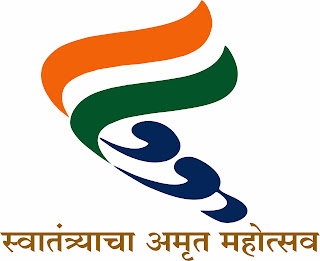| PO'S |
Programme Outcomes (PO) for D. Pharm Course |
| 01 |
Pharmacy Knowledge
|
Possess knowledge and comprehension of the core and basic knowledge associated with the profession of pharmacy. |
| 02 |
Modern tool usage
|
Learn, select, and apply appropriate methods and procedures, resources, and modern pharmacy-related computing tools with an understanding of the limitations. |
| 03 |
Leadership skills
|
Understand and consider the human reaction to change, motivation issues, leadership and team-building when planning changes required for fulfillment of practice, professional and societal responsibilities. Assume participatory roles as responsible citizens or leadership roles when appropriate to facilitate improvement in health and wellbeing. |
| 04 |
Professional Identity
|
Understand, analyze and communicate the value of their professional roles in society (e.g. health care professionals, promoters of health, educators, managers, employers, employees). |
| 05 |
Pharmaceutical Ethics
|
Honor personal values and apply ethical principles in professional and social contexts. Demonstrate behavior that recognizes cultural and personal variability in values, communication and lifestyles. Use ethical frameworks; apply ethical principles while making decisions and take responsibility for the outcomes associated with the decisions. |
| 06 |
Communication
|
Communicate effectively with the pharmacy community and with society at large, such as, being able to comprehend and write effective reports, make effective presentations and documentation, and give and receive clear instructions. |
| 07 |
The Pharmacist and society
|
Apply reasoning informed by the contextual knowledge to assess societal, health, safety and legal issues and the consequent responsibilities relevant to the professional pharmacy practice. |
| 08 |
Environment and sustainability
|
Understand the impact of the professional pharmacy solutions in societal and environmental contexts, and demonstrate the knowledge of, and need for sustainable development. |
| 09 |
Life-long learning
|
Recognize the need for, and have the preparation and ability to engage in independent and life-long learning in the broadest context of technological change. Self-access and use feedback effectively from others to identify learning needs and to satisfy these needs on an ongoing basis. |
Key Program Takeaways
- Review Prescriptions
- Dispense Prescription / Non-Prescription Medicines
- Provide Patient Counseling / Education
- Hospital and Community Pharmacy Management
- Expertise on Medications
- Proficiency on drugs / pharmaceuticals
- Entrepreneurship and Leadership
- Deliver Primary and Preventive Healthcare
- Professional, Ethical and Legal Practice
- Continuing Professional Development
|



